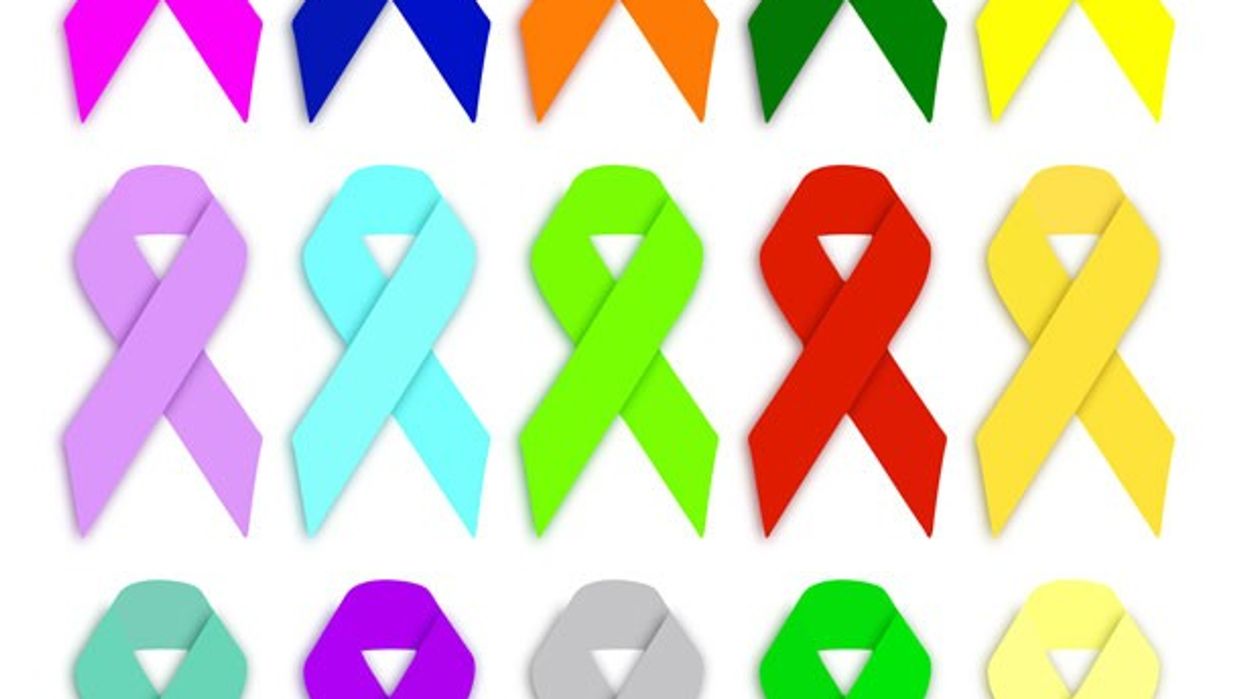National Minority Mental Health Awareness Month, observed this month, and every other July, brings attention to the unique challenges faced by minority communities concerning mental health. Established in 2008, this month aims to shed light on the disparities in mental health care and promote awareness, prevention, and treatment for minority populations.
Historical Context
The recognition of National Minority Mental Health Awareness Month can be traced back to the efforts of Bebe Moore Campbell, an American author, journalist, and mental health advocate. Campbell's work highlighted the struggles of individuals in minority communities dealing with mental health issues. Her advocacy paved the way for the designation of this awareness month by the U.S. House of Representatives in 2008 .
Mental Health Disparities
Minority communities often face significant barriers to accessing mental health care, leading to disparities in diagnosis, treatment, and outcomes. Some of these barriers include:
- Stigma: Cultural stigma surrounding mental health can prevent individuals from seeking help. In many minority cultures, mental health issues are often seen as a sign of weakness or a source of shame .
- Economic Factors: Economic disparities can limit access to quality mental health care. Many minority individuals lack health insurance or cannot afford the out-of-pocket costs associated with mental health services .
- Lack of Cultural Competence: Mental health professionals may lack the cultural competence to effectively treat patients from diverse backgrounds. This can lead to misdiagnosis and ineffective treatment plans .
- Language Barriers: Language differences can hinder communication between patients and providers, complicating the diagnostic process and the delivery of care .
Statistics Highlighting the Issue
- Prevalence of Mental Illness: According to the National Institute of Mental Health, minority groups often report lower rates of mental health service utilization despite experiencing similar or higher rates of mental illness compared to white individuals .
- Suicide Rates: The American Foundation for Suicide Prevention reports that suicide rates are rising among minority youth, particularly among African American and Native American communities .
- Access to Care: The Substance Abuse and Mental Health Services Administration (SAMHSA) indicates that only 31% of African Americans and 22% of Latinos with mental illness receive treatment each year, compared to 48% of white individuals .
Efforts to Address Disparities
Numerous organizations and initiatives are working to address these disparities and improve mental health outcomes for minority communities:
- Cultural Competency Training: Increasing the cultural competency of mental health professionals through training programs to better understand and address the unique needs of minority patients .
- Community Outreach Programs: Organizations like the National Alliance on Mental Illness (NAMI) and Mental Health America (MHA) run outreach programs aimed at raising awareness and providing resources within minority communities .
- Policy Advocacy: Advocacy for policies that promote equity in mental health care access, such as expanding Medicaid and supporting mental health parity laws, is crucial for systemic change .
National Minority Mental Health Awareness Month is a vital initiative that underscores the importance of addressing mental health disparities in minority communities. By raising awareness, reducing stigma, and advocating for equitable access to care, we can work towards a future where everyone has the opportunity to achieve mental wellness, regardless of their background.
Sources:
- National Minority Mental Health Awareness Month. (n.d.). Retrieved from Mental Health America
- Stigma and Mental Health in Minority Populations. (2023). Retrieved from American Psychiatric Association
- Economic Barriers to Mental Health Care. (2023). Retrieved from Kaiser Family Foundation
- Cultural Competency in Mental Health Care. (2022). Retrieved from National Institute on Minority Health and Health Disparities
- Language Barriers in Health Care. (2023). Retrieved from Agency for Healthcare Research and Quality
- Mental Health Statistics by Race and Ethnicity. (2022). Retrieved from National Institute of Mental Health
- Suicide Statistics. (2023). Retrieved from American Foundation for Suicide Prevention
- SAMHSA's Efforts to Address Minority Mental Health. (2022). Retrieved from Substance Abuse and Mental Health Services Administration
- Cultural Competency Training Programs. (2023). Retrieved from National Alliance on Mental Illness
- Community Outreach and Education Programs. (2023). Retrieved from Mental Health America
- Policy Advocacy for Mental Health Equity. (2022). Retrieved from Mental Health America









 Karla Mingo believes that her greatest gift as a cancer survivor is the ability to live with gratitude and thankfulness.
Karla Mingo believes that her greatest gift as a cancer survivor is the ability to live with gratitude and thankfulness.




 Dr. Cary S. Kaufman teaches the "Essentials of Oncoplastic Surgery" course through the National Consortium of Breast Centers, providing breast surgeons around the world with advanced techniques for optimal breast surgery outcomes.
Dr. Cary S. Kaufman teaches the "Essentials of Oncoplastic Surgery" course through the National Consortium of Breast Centers, providing breast surgeons around the world with advanced techniques for optimal breast surgery outcomes.